Francois Andre Danican Philidor - Chess Soul

Francois Andre Danican Philidor
His background, coming from a famous musical family, brought him into contact with the French King. In these surrounds, he found his other great pursuit, chess.
A child protege of Legall de Kermeur, he would excel in both of these fields throughout his life. He was recognized as the strongest chess player in the world for close to 50 years.
Family Background
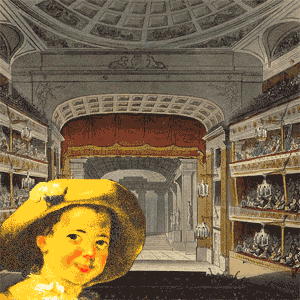
Francois Andre Danican Philidor enters the musical world at an early age
Danican so pleased Louis XIII that he gave him the name Philidor after the famous Italian musician, Filidori. Jean Danican Philidor's son, André Danican Philidor (c. 1647 - 1730) played in the Military Band during the time of Louis XIV (the Sun King).
His son, Francois Andre Danican Philidor, therefore could do no other than to follow the footsteps of those who went before and play for the King.
Young François-André
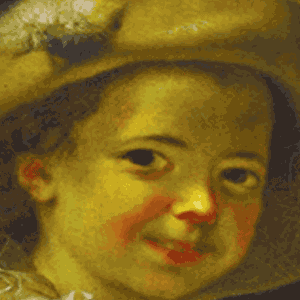
Francois Andre Danican Philidor was born into a musical family
His father was an elderly man, retired from service, when Francois Andre was born. His mother was 19 and of lower status. Andre Danican Philidor passed when the boy was 4.
His lineage made up for the lack of a father and opportunity would abound for young Francois Andre. His passage into the musical school at Versailles was a foregone conclusion. As it turned out he would prove to be a highly skilled musician.
Playing for the King
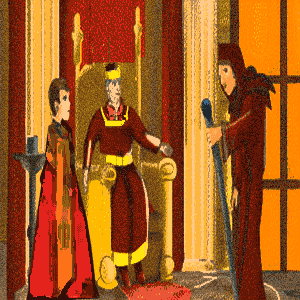
Francois Andre Danican Philidor plays his first piece for the King
So much so that he was allowed to play his first piece for Louis XV. The King was so impressed that he rewarded the boy with some coins.
Philidor continued to work on his craft. But he would also encounter his other great passion in the halls of Versailles.
Instruction from Legall
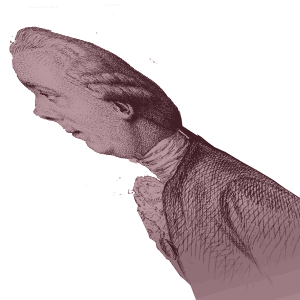
Francois Andre Danican Philidor (shown here) was trained by the great Legall De Kermeur
One day a senior musician had no one to play when his adversary was absent. Young Philidor shyly offered to fill in. This caused much amusement to everyone present. The musician, however, after the laughter died down, agreed to humor the boy. He soon regretted it when to his horror, the child gained the upper hand and then went on to win. Mirth turned to anger and Philidor fled the room before any reprisal could be meted out.
He played chess with the others from that day and was soon a student of Legall de Kermeur at the Café de la Régence. At first the great Legall gave Philidor the odds of a Rook. But the child was proving to be a genius of chess and after three years he had slowly graduated through ever shrinking odds to eventually earn the honor of playing Legall on even terms.
Playing Abroad
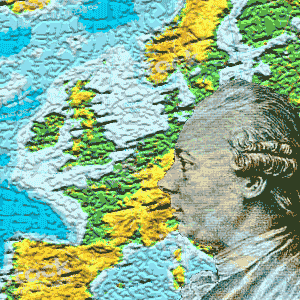
Francois Andre Danican Philidor went to play in the Netherlands and England
It seemed that his musical career would take off from here but the shows were suddenly canceled and Philidor faced destitution. The world was a much bigger place then and Holland was quite a way from home.
He turned to chess and even Polish Checkers to support himself. He gave lessons and played for stakes. His reputation as a great chess player preceded him. He played the best players in the Netherlands which included officers in the English army in the Hague.
The Triumphant Return
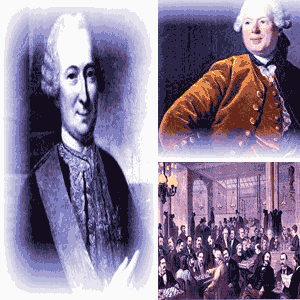
Legall De Kermeur (left) played Francois Andre Danican Philidor in 1755 to determine who was best
He was now maturing as a chess master. When he returned from England he was at the height of his powers. He had fully developed his ideas on the role of the pawn and how the pieces should interact with them.
He appeared once again at the Café de la Régence and there was just one thing waiting to be discovered. Who was now the greatest? Philidor or Legall? A match was arranged for the following year, 1755. Philidor prevailed and from that moment was recognized as the World Champion.
Balancing Careers and Cities
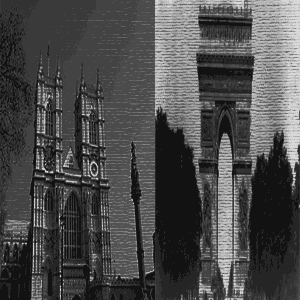
Francois Andre Danican Philidor split his time between these two great cities
While in Paris he of course would be found playing against the best players at the Café de la Régence. He also coached promising players. They were known as the Société des Amateurs. Bernard, Carlier, Leger, and Verdoni were among his leading disciples. In London he appeared at Slaughter's Coffeehouse and later the Salopian Coffeehouse.
His treatment of the pawn structure and his understanding of it's influence on the game is what set him apart from his contemporaries. He would never be usurped as the best player in the world.
Analyse du Jeu des Échecs
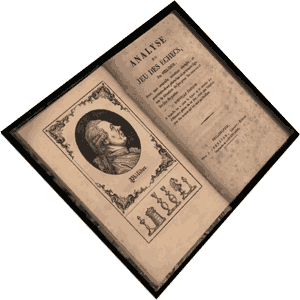
Francois Andre Danican Philidor published his famous work in 1749
He devised the Philidor Position in the Rook and Pawn vs Rook endgame. This is a procedure for preventing the Lucena Position which is a won position for the side with the pawn.
The Philidor Position also refers to the extremely difficult Queen vs Rook endgame (no pawns remaining) where the Queen forces a win by separating King and Rook and then winning the Rook. His greatest work Analyse du Jeu des Échecs sets out his approach to the game and was published in 1749 when Philidor was just 23.
French Revolution
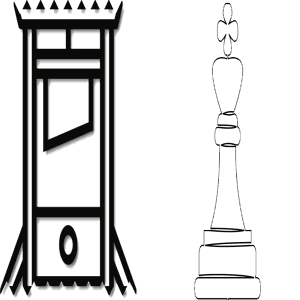
Unlike the King, Francois Andre Danican Philidor escaped the Revolution
Philidor supported the Revolution in spite of his background in Versailles. However when he traveled to London in 1792 the new Revolutionary Government put him on the list of emigres deemed to be enemies of the Republic. He knew if he returned he would likely be sent to the guillotine.
He remained in London for his final years as his family attempted to have him removed from the list. He played at the new Parsloe's Chess Club from 1774 to his death where he earned a good living as a Resident Master. He gave lessons and performed blindfold simul exhibitions.
Final Years
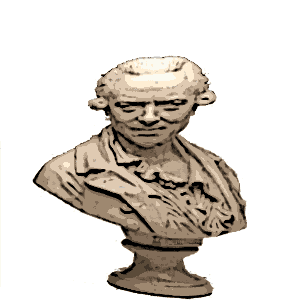
Francois Andre Danican Philidor lived out the remainder of his life in London
The Reign of Terror came to an end in 1794 and things began to return to some semblance of normality. It was still dangerous as the different factions jostled for power in the new Republic. Philidor remained on the list.
Finally in 1795 his family got him removed from the list and he could return home. They learned however that he had died a few days previously in London.
His obituary read: For the last two months, Philidor had been kept alive merely by art, and the kind attentions of an old and worthy friend. On Monday last, Mr. Philidor the celebrated chess player, made his last move, into the other world.
Musical Legacy
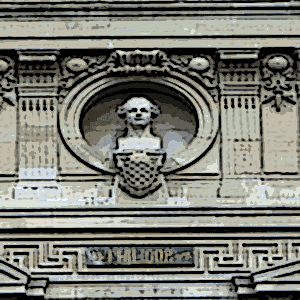
Francois Andre Danican Philidor's bust on the façade of the Opera Garnier in Paris
As time went on he discovered a love for composing comic opera. Actors would perform these scripts with musical parts throughout. It was this genre that made him one of the leading composers in French opera.
He produced many of these throughout his life but the best known were Le Sorcier (1764), Tom Jones (1765), Ernelinde (1766), and Carmen Saeculare (1779).
Chess Legacy

Francois Andre Danican Philidor illuminated the pawn's impact on chess
The French master recognized how the pawn chain could be used to create spatial advantages in crucial areas of the board, while also smothering the opposing pieces.
He set forth his ideas in his seminal chess book, Analyse du Jeu des Échecs. This became the most influential literature throughout the following 150 years due to his relentless success over the board.
Moving On
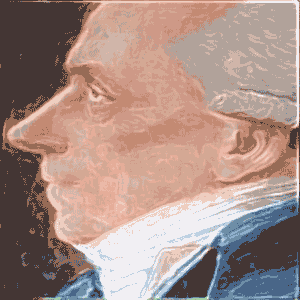
Alexandre Deschapelles
French chess would remain strong after his time had ended. The would be pretenders battled for his old crown. Inevitably there would be one who would stand taller than the rest.
By 1800 French chess had thrown up a very interesting character who had a remarkable aptitude for several strategy games. He would become the strongest chess player in the world for the next 20 years. He was Alexandre Deschapelles.






